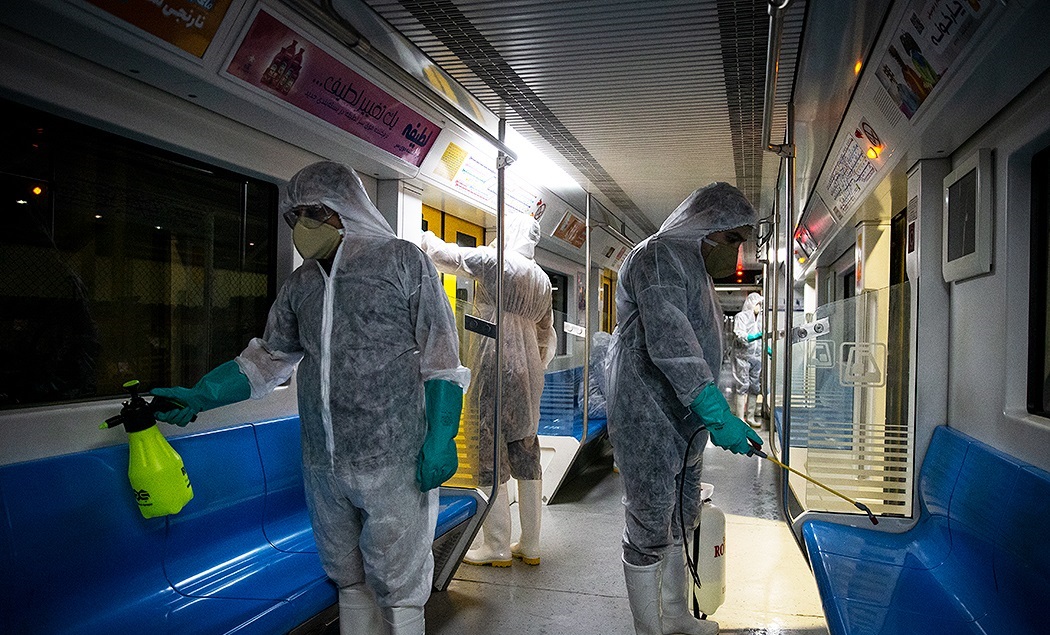Thus, the BBC cites the country's "own information" about the situation with the coronavirus, according to which, almost 42 thousand people with symptoms of COVID-19 died in Iran as of July 20. However, according to the official data of the Ministry of Health of Iran, 14.5 thousand people died as of the same date.
In addition, according to the same information, as of July 20, there were about 451 thousand people infected with COVID-19, while the official open data states the figure of 278.8 thousand people.
At the same time, according to the BBC, the first death from COVID-19 was registered in Iran on January 22, and, according to data released to the public only a month later, in February.
The BBC explains that this data was sent to the editorial office by an anonymous source. The information received by the reporters included details of the patients registered at the hospitals: name, age, gender, symptoms and date, as well as the length of hospital stay.
The source also told reporters that they sent the data to the BBC's Persian service in order to "shed light on the truth" and "put an end to the political games around the epidemic."
At the same time, for its part, the BBC also clarifies that the editorial board was unable to establish whether this source is really in the civil service, and does not know how they received this information. However, the journalists were able to confirm the authenticity of information related to some of the recovered patients, the data about which the source cited.
source: bbc.com
In addition, according to the same information, as of July 20, there were about 451 thousand people infected with COVID-19, while the official open data states the figure of 278.8 thousand people.
At the same time, according to the BBC, the first death from COVID-19 was registered in Iran on January 22, and, according to data released to the public only a month later, in February.
The BBC explains that this data was sent to the editorial office by an anonymous source. The information received by the reporters included details of the patients registered at the hospitals: name, age, gender, symptoms and date, as well as the length of hospital stay.
The source also told reporters that they sent the data to the BBC's Persian service in order to "shed light on the truth" and "put an end to the political games around the epidemic."
At the same time, for its part, the BBC also clarifies that the editorial board was unable to establish whether this source is really in the civil service, and does not know how they received this information. However, the journalists were able to confirm the authenticity of information related to some of the recovered patients, the data about which the source cited.
source: bbc.com





